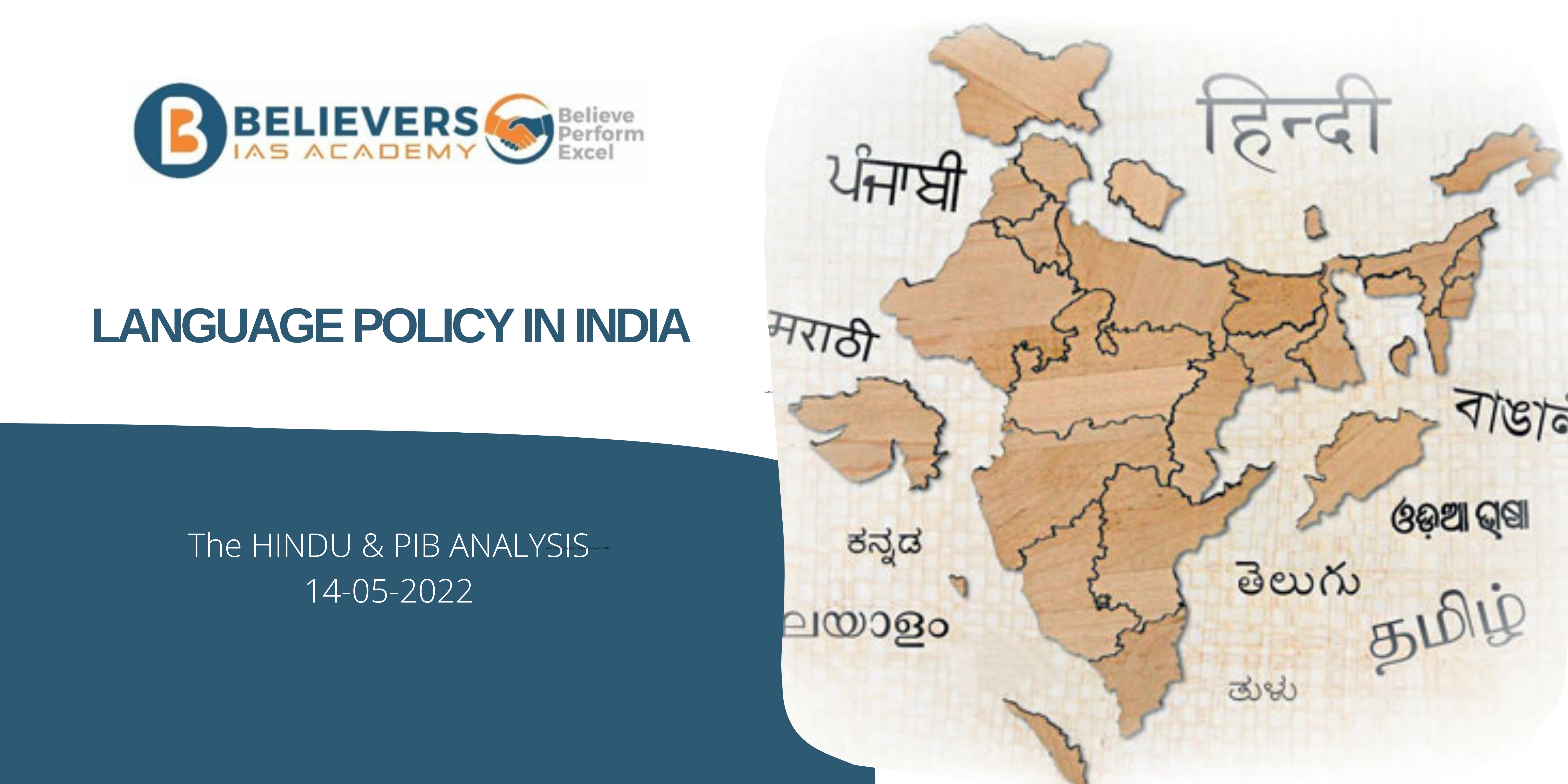Nobel Honors for mRNA Vaccines: A Triumph Amidst Pandemic
Context:
This year’s Nobel Prize in Physiology or Medicine awarded to Katalin Karikó and Drew Weissman for their work on mRNA vaccines against COVID-19 is a case in point. Their achievements have not only saved countless lives but also fulfill the Nobel’s criterion of conferring the “greatest benefit on mankind.” This Nobel recognition carries added significance as it acknowledges the invaluable contribution of a female scientist, Katalin Karikó, a testament to the evolving inclusivity of this prestigious honor.
Relevance:
GS-03 (Science and Technology)
Prelims:
- mRNA vaccines
Mains Question:
- Examine the pivotal role played by Katalin Karikó and Drew Weissman in the development of mRNA vaccines against COVID-19 and its profound impact on global public health. (150 words)
Dimensions of the Article:
- The Visionary Journey of Katalin Karikó
- Drew Weissman’s Insights on Immunology
- mRNA Vaccines: A Long-Held Possibility
- The Context of a Global Pandemic
- Significance of Recognizing Female Scientists
The Visionary Journey of Katalin Karikó
- Hungarian biochemist Katalin Karikó displayed a profound interest in mRNA when it was still a concept in its infancy. mRNA serves as the intermediary that transfers genetic information from DNA to proteins, which are pivotal for cell structure, growth, and repair.
- Karikó’s dedication to exploring mRNA’s therapeutic potential began during her tenure as an assistant professor at the University of Pennsylvania.
Drew Weissman’s Insights on Immunology
- Dr. Drew Weissman, an immunologist, joined forces with Karikó in this journey.
- His expertise in studying dendritic cells, crucial for immune surveillance and activation of vaccine-induced immune responses, complemented Karikó’s research.
- Their partnership played a crucial role in the development of mRNA-based vaccines.
mRNA Vaccines: A Long-Held Possibility
- The concept of using mRNA for vaccines and therapy had been in existence since the 1980s, with in vitro transcription opening the door to this innovative approach.
- However, enthusiasm waned due to challenges like delivery methods and inflammatory reactions. Undeterred, Karikó and Weissman pursued this path, setting the stage for future breakthroughs.
The Context of a Global Pandemic
- When the pandemic struck in 2019, scientists harnessed the power of mRNA vaccines to instruct human cells to produce the S protein present on the virus’s surface.
- This approach triggered the production of antibodies that could combat the virus, marking a watershed moment in the fight against COVID-19.
Significance of Recognizing Female Scientists:
- This Nobel Prize is another milestone for gender equality in the field of science.
- Katalin Karikó’s recognition adds to list of female Nobel laureates, reinforcing the importance of acknowledging women’s contributions in the male-dominated world of scientific research.
Way Forward:
As we navigate the ever-evolving landscape of healthcare and research, this achievement serves as a testament to human ingenuity and perseverance in the face of adversity.




